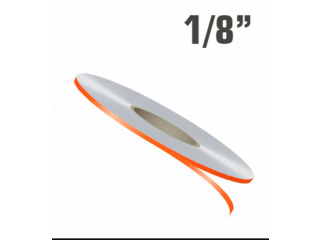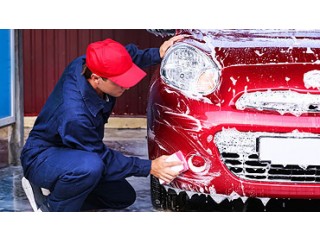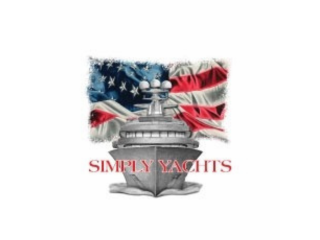The Benefits of Stainless Steel Fittings Professional
2 years ago - Automobiles - Beaverton - 132 viewsStainless Steel Fitting Applications
With all the benefits that come with stainless steel there are equally just as many applications where stainless steel fitting can be utilized. Here are some key beneficial areas:
Residential & Commercial water systems that are subject to various stresses.
Commercial & Industrial piping systems that are needing to perform well under the toughest and harshest conditions.
Industrial Projects for sanitary or highly corrosive applications.
WHAT ARE THE BENEFITS OF USING STAINLESS STEEL VALVES?
There are many benefits of using stainless steel valve. There’s no doubt that stainless steel is a great material that is tougher than brass, copper, and cast iron when it comes to tolerating high pressures and temperature. Carbon steel is probably the only material that comes closest to stainless steel. Generally, stainless steel values have various applications due to their great performance in terms of temperature limits, corrosion resistance, and high-pressure tolerance.
APPLICATIONS OF STAINLESS STEEL BALL VALVES
Since stainless steel delivers phenomenally on all fronts, they are used in various industries. Here are a few applications of stainless steel ball valves.
OIL REFINING
Refining crude oil is a long and complicated process that is made much easier through the use of stainless steel ball valves. Crude oil may contain sulfur, carbon dioxide, and many microorganisms, which makes it an extremely corrosive substance. Over time, the constant movement of this substance can break down the metal of the valve. Therefore, you will need pipes and valves that can withstand corrosive crude oil for the longest time. Since stainless steel valves have very high corrosion resistance, they are the obvious choice of use in the oil refinery industry.
MARINE PROJECTS
Certain applications involving pipes and valves occur under or near seawater. Since seawater contains chloride and sodium, it is pretty corrosive to all materials, especially metals. That’s not all, marine environments naturally involve water, a substance that has a substantial impact on all metals.
In such applications, many prefer to use plastic valves since they are more resistant to water and other harsh chemicals compared to most metals. However, the main concern with using plastic valves is that they can’t withstand extreme temperatures and high pressures.
Stainless steel ball valves, on the other hand, have a high-temperature tolerance, are corrosion resistant, and can withstand high pressures. The only thing these valves require is proper maintenance to extend their lifespan under or around seawater.
BREWERIES
Stainless steel ball valves are widely used in breweries. These valves are typically situated on the kettle to help control the flow of liquid during transfers. The reason that stainless steel valves are a top choice in breweries is that during the mashing process, the valve comes into direct contact with a liquid known as wort, which is highly corrosive and can very easily wear down iron valves, and since plastic valves lack the ability to handle high temperatures, stainless steel valves are the best option.
WRAPPING UP
The industries mentioned above are just a few examples of the application that stainless steel valves have. These valves can be used in any process that involves the transfer of a corrosive, high temperature, or high-pressure substance such as gas or liquid.
Stainless steel 304 is one of the most common metals used nowadays. Stainless steel is well known and preferred over several other metals due to its physical properties including good corrosion resistance, durability, high strength, etc. Various types of commercial, industrial, and residential products are created using Stainless Steel. Stainless Steel 304 flanges are one of the most popular meteal products created out of this metal. There is a vast variety of flanges available for purchase. This article discusses eight important types of flanges and their uses.
Types of Stainless Steel Flanges
The following are the top 8 stainless steel flange used in stainless steel pipes:
Weld Neck Flanges: Flange is distinguished by their protruding necks. The weld neck flanges have the same angle and thickness as that of the pipe. Weld Neck Flanges are considered best for use in severe service conditions such as sub-zero or high temperatures and high pressure.
Slip-On Flanges: These are the most affordable range of flanges available for purchase. The slip-on flanges as the name suggests need to be easier to slip them over the pipe and hence they have a slightly larger diameter than the pipe. These stainless steel Slip On flanges are fillet welded to a position and are ideal for low-pressure applications.














